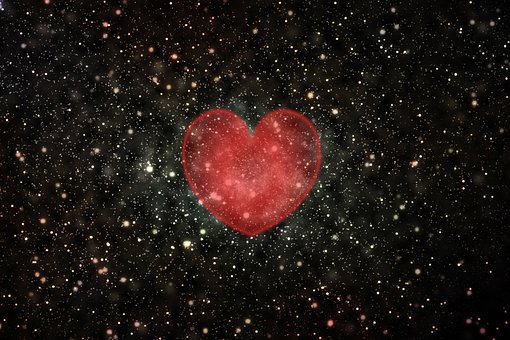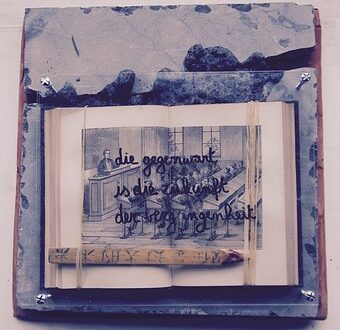
Introduction to magic
Introduction to magic
Magic can be called by someone looking into the eyes of a person in love with her, two people entering into marriage, a mother looking for the first time into the eyes of her just-born child. Yes, in all this there is the magic of the strongest feeling, the magic of love. What else do we call magic? Colloquially – any unusual events, disappearances, and in general – an attempt to influence reality in an alternative way. The word magic itself most likely comes from the term mage – mages in ancient Persia dealt with astrology. It is generally accepted that magic can be divided into white and black magic. The first refers to the good forces circulating in the universe and is intended to serve noble purposes, its action, by definition, can not bring harm to anyone. The second type of magic targets the dark side of power and all negative influences and matters beyond the ordinary earthly dimension. It can lead to contacts with spiritual beings from other dimensions, possibly negatively oriented towards us (e.g. demons, souls of the damned). From time immemorial, magic was dealt with in various cultures by priests, shamans, quacks. High magic required many years of study and training, many sacrifices and sacrifices, not everyone could become a sorcerer. It was often passed down in the form of certain abilities from generation to generation, surrounded by family or family secrets. High magic requires painstaking practice and much experimentation. Druids, for example, trained their magic skills for about 20 years before they could transform from apprentice to master. Of course, there was also a “common” folk form of magic, the so-called low magic. It was dealt with by enchanters, quacks, grandmothers casting or “uncasting” effective love spells . Such women were also called whisperers. Over time, science gradually emerged from what was generally called magic, starting with astrology and astronomy and ending with what we today call medicine, chemistry or physics. Examples include medieval experiments to turn ordinary metal into gold or to invent the philosopher’s stone. People who engaged in such magical activities were called alchemists.

Magic in relation to the world of spirits, their invocation, paranormal phenomena, witchcraft, as well as attempts to guess the future is referred to as occultism. Known since ancient times, it took various forms. One of them was voodoo, practiced in ancient Rome, among other places. Women would stick a figure of a rival or unfaithful lover out of wax, then prick it with pins, which in the victim was likely to cause pain or otherwise bring misfortune. As a separate field of interest, some unusual hobby of the upper classes, occultism emerged in Europe in the late 18th and early 19th centuries. Spirited séances held in homes or locales, aimed at summoning spirits, became a fashionable pastime at the time. What is forgotten, however, is that playing with black magic, while it may seem like meaningless fun, can expose participants to the influence of forces that are negative to us. Influencing the fate of others in a negative way can give a sense of power, strength, but the price for this can be the loss of spiritual independence. In order to restore it, it is necessary to contact a person involved in high magic. Therefore, if we already want to cast a charm on someone, it is better not to do it alone, but ask for help from a specialist.



